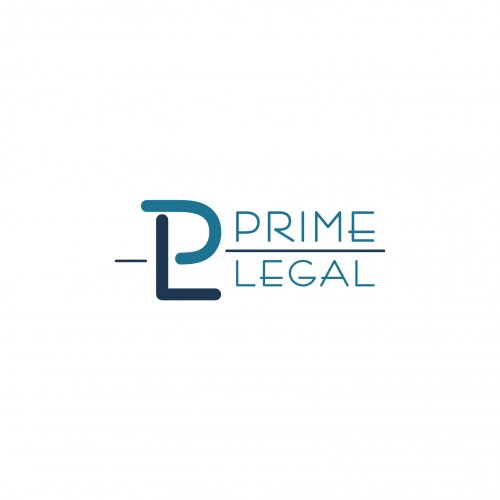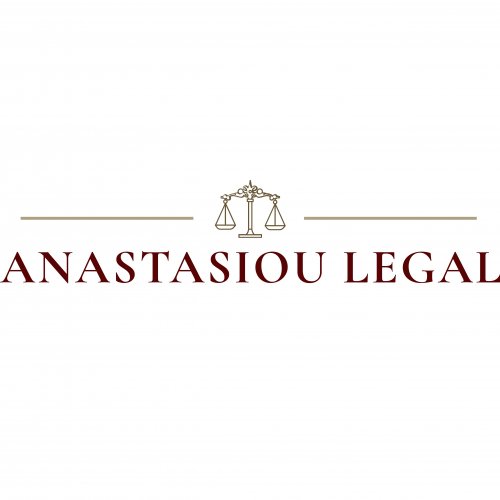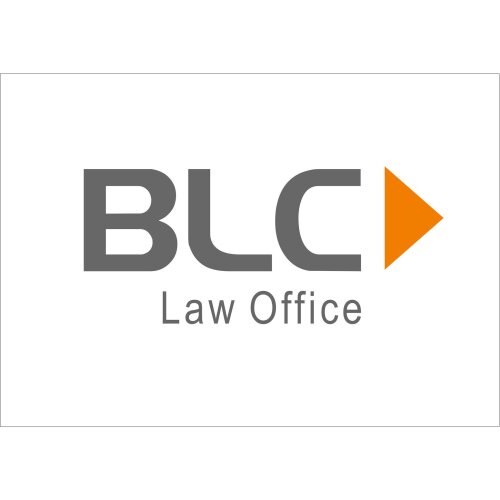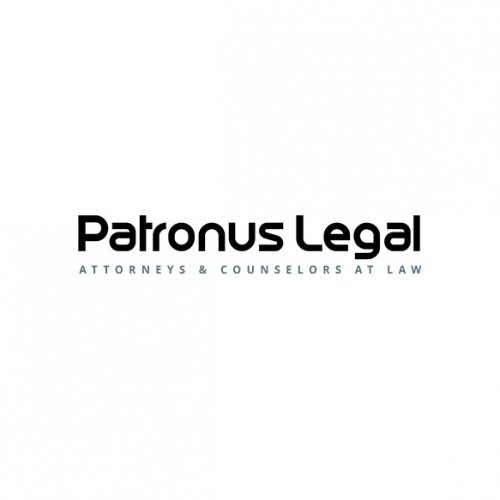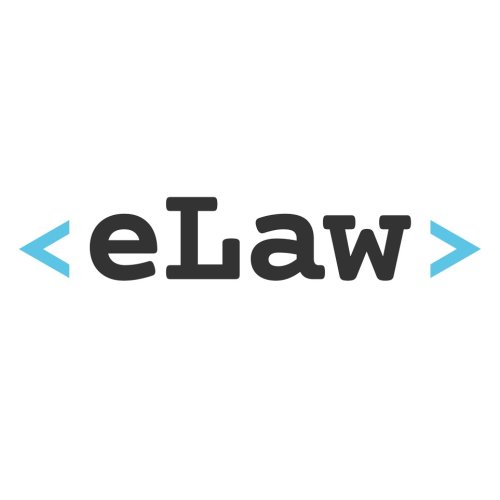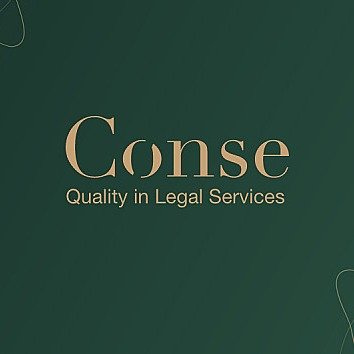Best Government Contract Lawyers in Tbilisi
Share your needs with us, get contacted by law firms.
Free. Takes 2 min.
List of the best lawyers in Tbilisi, Georgia
About Government Contract Law in Tbilisi, Georgia
The Georgian legal framework recognizes Government Contracts as official agreements between government entities and private sector firms or individuals. These contracts outline terms and conditions regarding the procurement of supplies, services, or works. Due to the intricacy of these contracts, the government of Georgia has implemented specific laws and procedures that oversee their formulation and execution. Tbilisi, being the capital city, is often the central hub of most government contracts in Georgia.
Why You May Need a Lawyer
Engaging a lawyer's services becomes necessary when dealing with Government Contracts due to the complexity of the laws and regulations involved. Due diligence, the formulation of legal documents, negotiations, compliance checks, dispute resolution, and advice on the procurement procedures are areas where a lawyer would be indispensable. Additionally, lawyers can guide you through the process of successfully bidding for a government contract and provide insights into the specific requirements for contract performance, modifications, payments, and terminations.
Local Laws Overview
The Georgian legal system follows a blend of continental (civil) law, which implies that written laws are primarily used in the execution of governmental affairs, including contracts. The primary law governing government contracts in Georgia is the "Law on Public Procurement." This law stipulates the framework and mechanisms for public procurement and applies to all contractual relationships involving public funds. Understanding this law's intricacies is essential for anyone involved in government contracting in Georgia.
Frequently Asked Questions
What is the primary legislation governing Government Contracts in Georgia?
The primary legislation governing Government Contracts in Georgia is the 'Law on Public Procurement'. It sets out the specific terms and procedures for public procurement contracts.
How can I apply for a Government Contract in Georgia?
To apply for a government contract, you can follow the procurement procedures as stipulated by Georgian law. This may involve competitive bidding or direct contracting, depending on the contract's nature.
What happens if I breach a Government Contract?
If a government contract is breached, the offending party may face penalties, including fines, contract termination, and in some cases, legal action. It is recommended to consult with a legal professional in such instances.
Can a Government Contract be modified after it has been agreed upon?
Yes, a Government Contract, like any other agreement, can be modified upon mutual agreement of the parties involved. However, any modifications need to adhere to the procurement laws and regulations in place.
Can a foreigner bid for a Government Contract in Georgia?
Foreign companies can bid for Government Contracts as long as they comply with the requirements of the relevant Georgian procurement rules and regulations.
Additional Resources
The "State Procurement Agency" (SPA) is a government body that you may find highly useful in terms of resources and support. The SPA's website provides information and updates regarding the procurement laws, pending contracts, procedures for bidding, and much more. In addition, a reputable legal firm with experience in Government Contracts can also provide crucial support and advice.
Next Steps
If you need legal assistance with Government Contracts in Georgia, consult with a lawyer who has specific expertise in this area. This professional will guide you through the process, ensuring compliance with local laws, and significantly increase your chances of successfully procuring a government contract. Also, familiarize yourself with the 'Law on Public Procurement' and other relevant regulations to have a solid understanding of the landscape with which you are dealing.
Lawzana helps you find the best lawyers and law firms in Tbilisi through a curated and pre-screened list of qualified legal professionals. Our platform offers rankings and detailed profiles of attorneys and law firms, allowing you to compare based on practice areas, including Government Contract, experience, and client feedback.
Each profile includes a description of the firm's areas of practice, client reviews, team members and partners, year of establishment, spoken languages, office locations, contact information, social media presence, and any published articles or resources. Most firms on our platform speak English and are experienced in both local and international legal matters.
Get a quote from top-rated law firms in Tbilisi, Georgia — quickly, securely, and without unnecessary hassle.
Disclaimer:
The information provided on this page is for general informational purposes only and does not constitute legal advice. While we strive to ensure the accuracy and relevance of the content, legal information may change over time, and interpretations of the law can vary. You should always consult with a qualified legal professional for advice specific to your situation.
We disclaim all liability for actions taken or not taken based on the content of this page. If you believe any information is incorrect or outdated, please contact us, and we will review and update it where appropriate.



